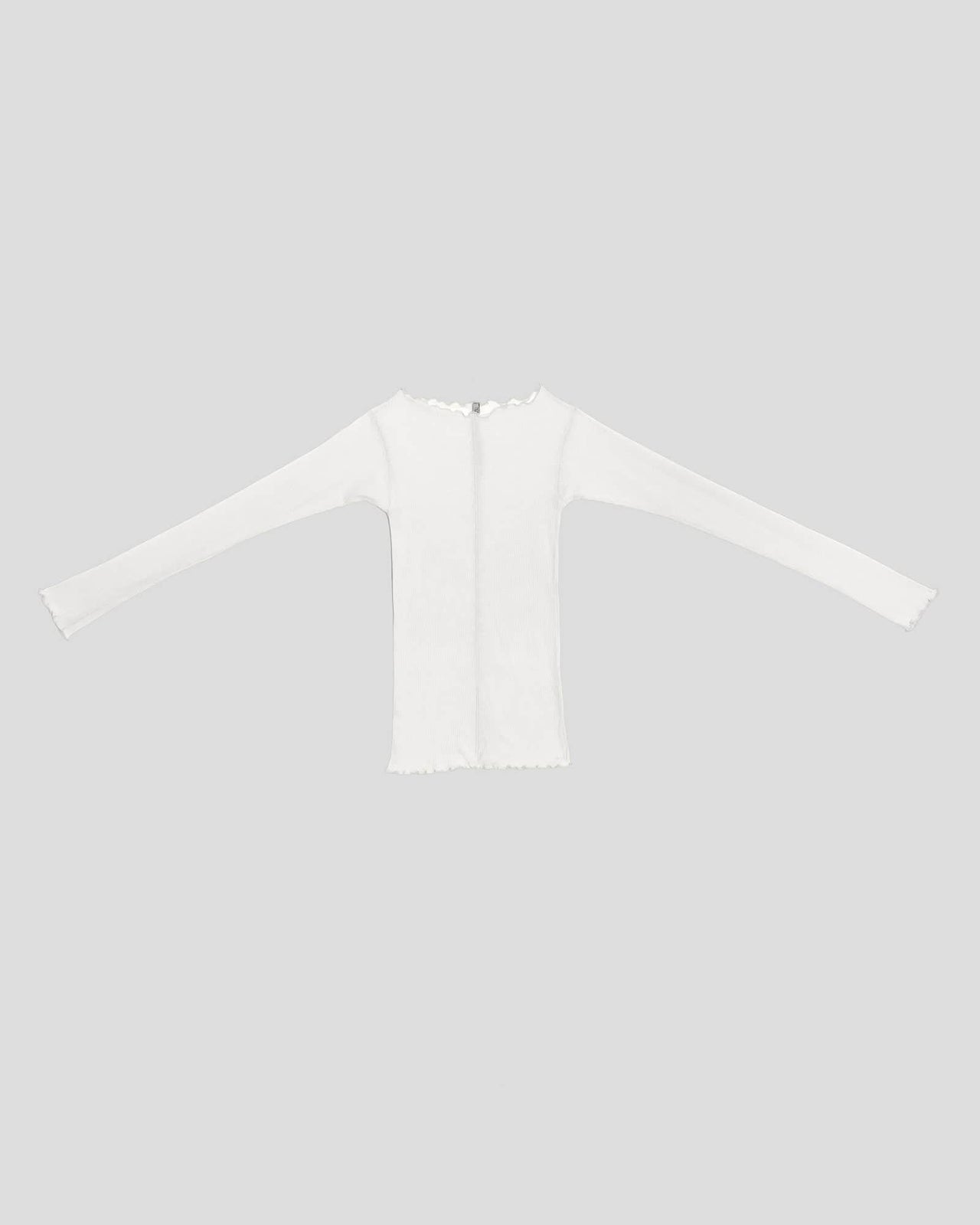Measurements
- cm
- inch
- Maat XS
- S
- M
- L
- XL

|
A |
Chest width |
cm |
|
B |
Total length |
cm |
|
C |
Sleeve length |
cm |
|
D |
Shoulder width |
cm |
Conversion Chart
| Size | EU | US | AU | JP |
|---|---|---|---|---|
XS |
34 |
0-2 |
8 |
100 |
S |
36 |
4 |
10 |
120 |
M |
38 |
6 |
12 |
140 |
L |
40-41 |
8 |
14-16 |
160 |
XL |
42 |
10 |
16-18 |
180 |
Omato 3/4 t-stuk overhemd - Fijne biologische katoen rib
- XS
- S
- M
- L
- XL
Product Details
Biologische katoenen rib T-shirt met ¾-mouwen
Boothals
Blootliggende contrastnaden
Slarand bij de halslijn en zomen
Valt klein, overweeg een maat groter
91% Biologisch katoen 9% Elastaan
Gemaakt in Portugal
Het model draagt maat S
Material
Organic cotton
Origin: Brazil, India, Egypt
Certificates: GOTS, Oeko-Tex, OCS 100
- Cotton is a natural seed fiber.
- It is durable, breathable, absorbent, and soft. Cotton is ideal for dyeing and printing. The material is also biodegradable and hypoallergenic.
- Nearly all cotton is grown in rotation, but conventional cotton generally has a higher environmental impact.
- Baserange sources organic cotton, as we want to ensure that no harmful chemicals are used in the production process, water consumption is controlled, water is not contaminated and workers' rights are also preserved.
- Organic agriculture uses agronomic, biological, and mechanical techniques instead of synthetic methods.
- Organic cotton supports good soil health and ecosystems and is not harmful to human health or the environment. No pesticides or fertilizers are used. Most of the organic cotton we use is also rain-fed and doesn’t require much irrigation.
Care
We recommend a cold wash on a gentle cycle using natural detergent and hang drying for all our products. Hand washing is always a good option too.
Washing synthetic fibres releases microplastics into the water system, especially during the first washes, but washing the synthetic blend fabrics in a laundry bag that captures the microfibres allows you to dispose of the microfibres properly. You can also use a laundry ball or a washing machine filter.
You may also like



Omato langarmkleid - Fijne biologische katoen rib
Regular price
€155,00
€93,00
- XS
- S
- M
- L
- XL







Ordu joggingbroekde survêtemen - Regeneeratieve katoenfleece
Regular price
€230,00
€138,00
- XS
- S
- M
- L


































































